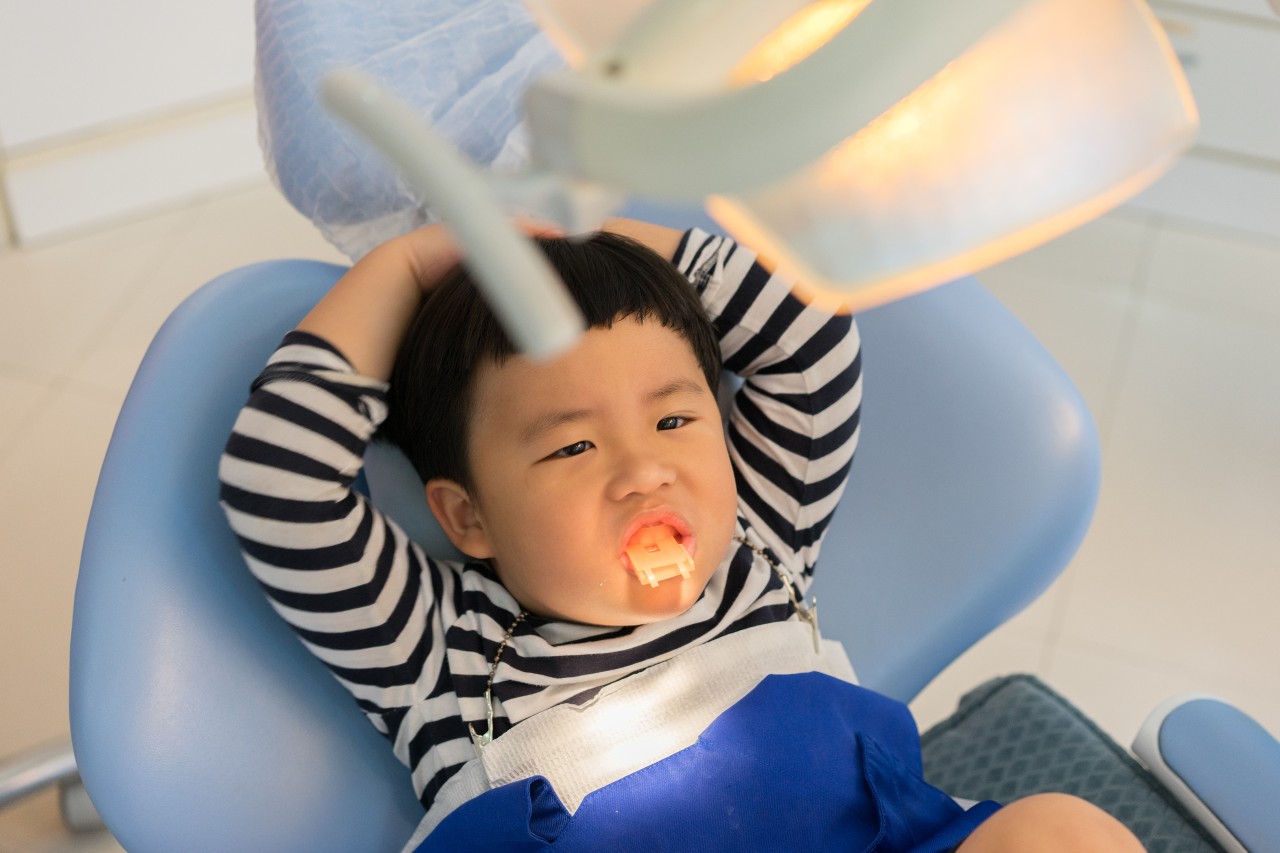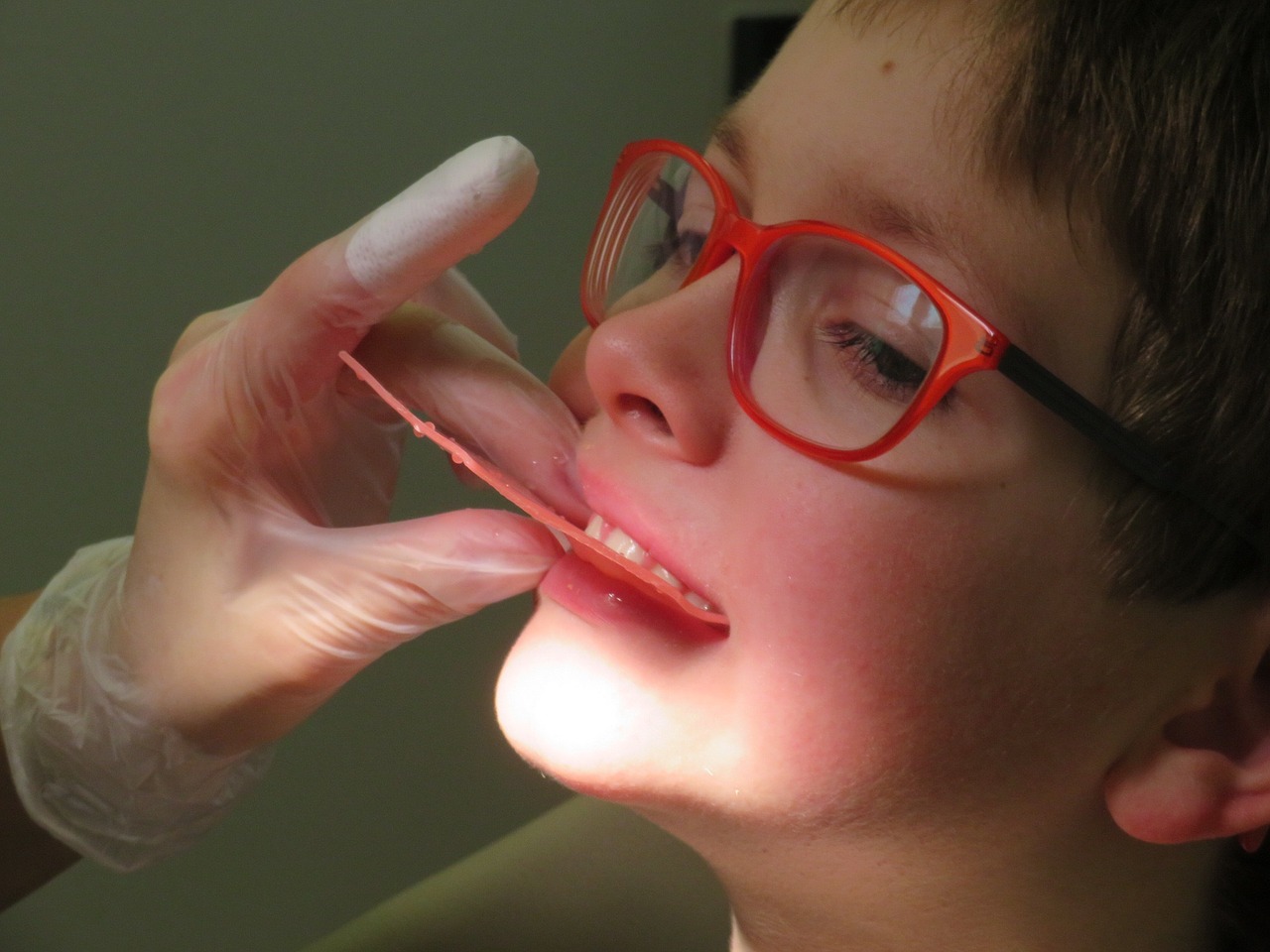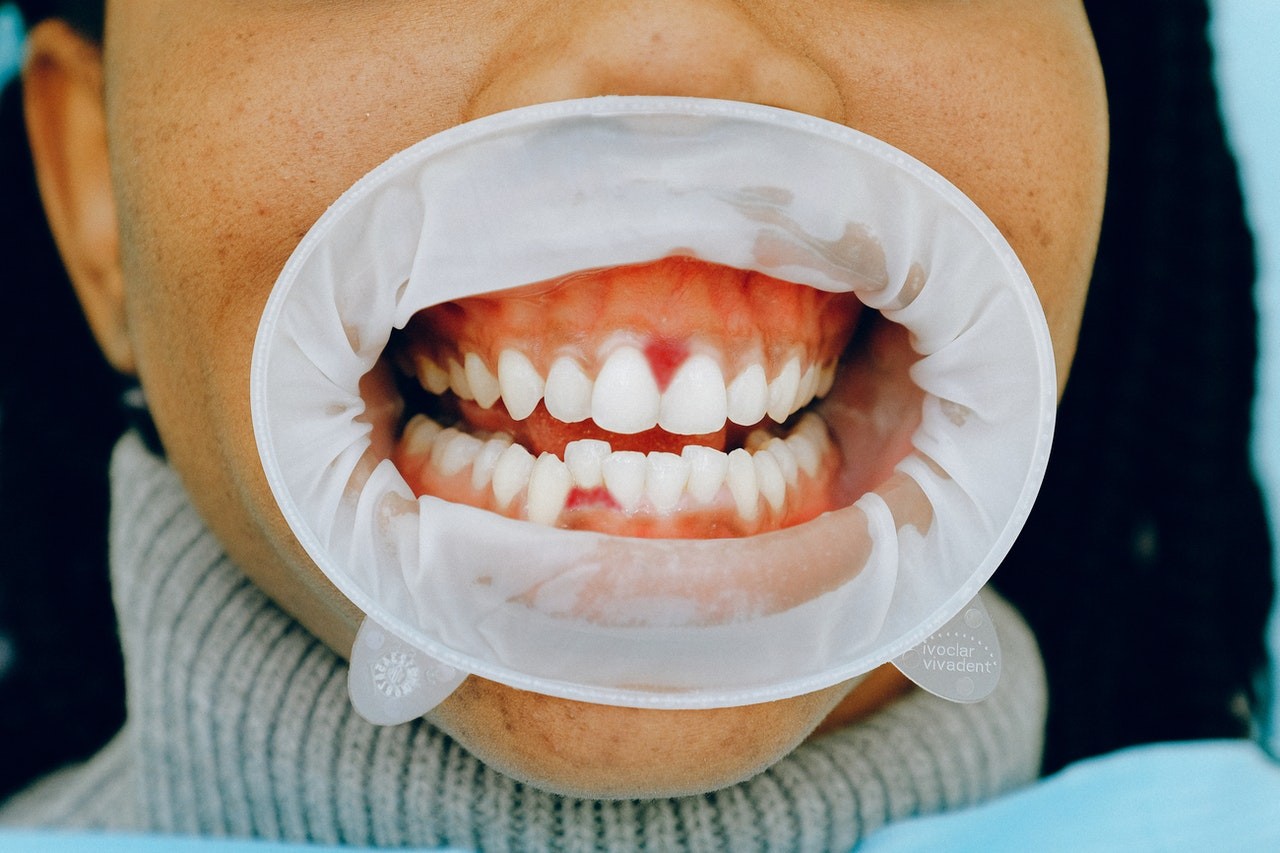If your child has a short or thick frenulum that restricts the tongue’s movement, they may have a tongue tie, and have been recommended for a frenectomy procedure. Many babies are born with tongue-ties, and parents notice the child has issues when they eat, speak, or breastfeed.
A frenectomy is a simple procedure that helps to restore movement of the tongue. The procedure only takes a few minutes, and is done in our office. During the procedure the lingual frenulum, or skin underneath the tongue is gently cut and released to restore movement. After the procedure healing is minimal, and parents must help to stretch the tissue that has been cut or lasered away. This prevents the skin from growing back too tightly.
After the procedure, patients should follow a soft foods diet and avoid very hot foods. Soft foods include jello, applesauce, or pudding. We recommend to avoid any salty or acidic foods, or any foods that are extremely cold or hot. As the area heals and any numbing wears off, the patient can move to solid foods. While eating parents should try and help them keep the food away from the surgical area.
Following these guidelines will ensure your child’s recovery goes smoothly, and helps to avoid any complications. Our staff is available to answer any questions or concerns throughout the process. If your child experiences any prolonged pain, or has symptoms you are concerned about, we encourage you to call our office right away.
Interested in Finding Out More About a Frenectomy?
If you have a concern about your child’s speech, and want to find out more about the frenectomy procedure, contact No Sugar Bugs Club Children’s Dentistry. Our doctors have years of experience in treating pediatric tongue-ties, and we always provide gentle and compassionate care to all of our patients. Our staff is trained to work with children, and we always ensure they have a positive experience when they visit our office. At No Sugar Bugs Club Children’s Dentistry we use state of the art technology, and provide a comfortable environment for all of our patients.
To schedule a consultation with us, contact No Sugar Bugs Club Children’s Dentistry, and our friendly staff will be happy to assist you!










